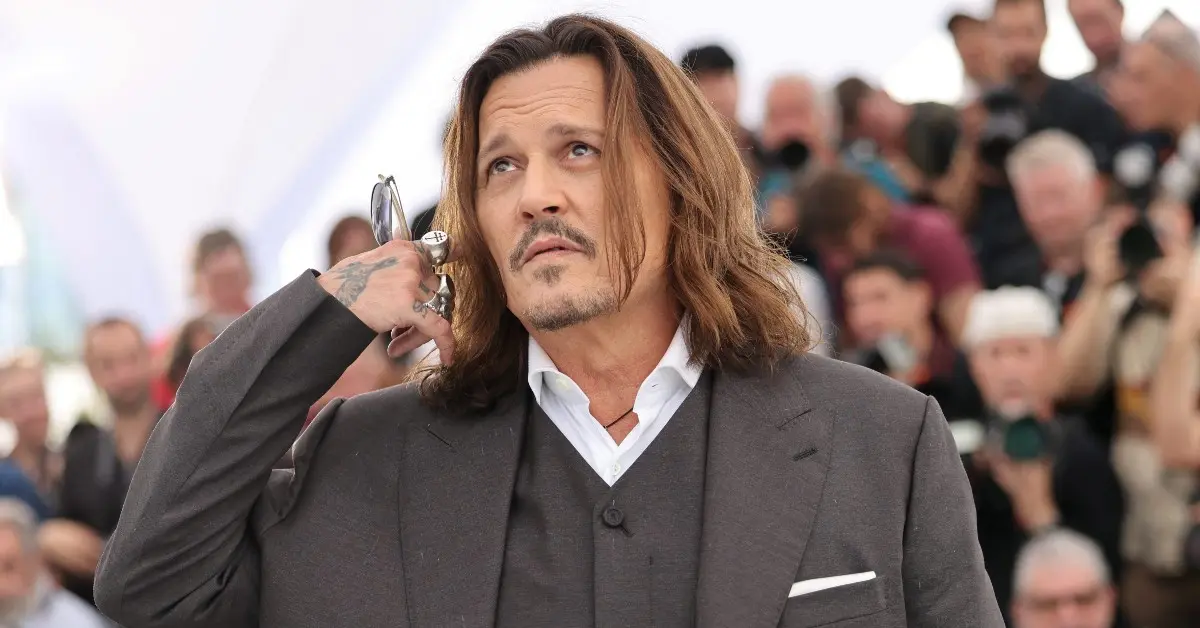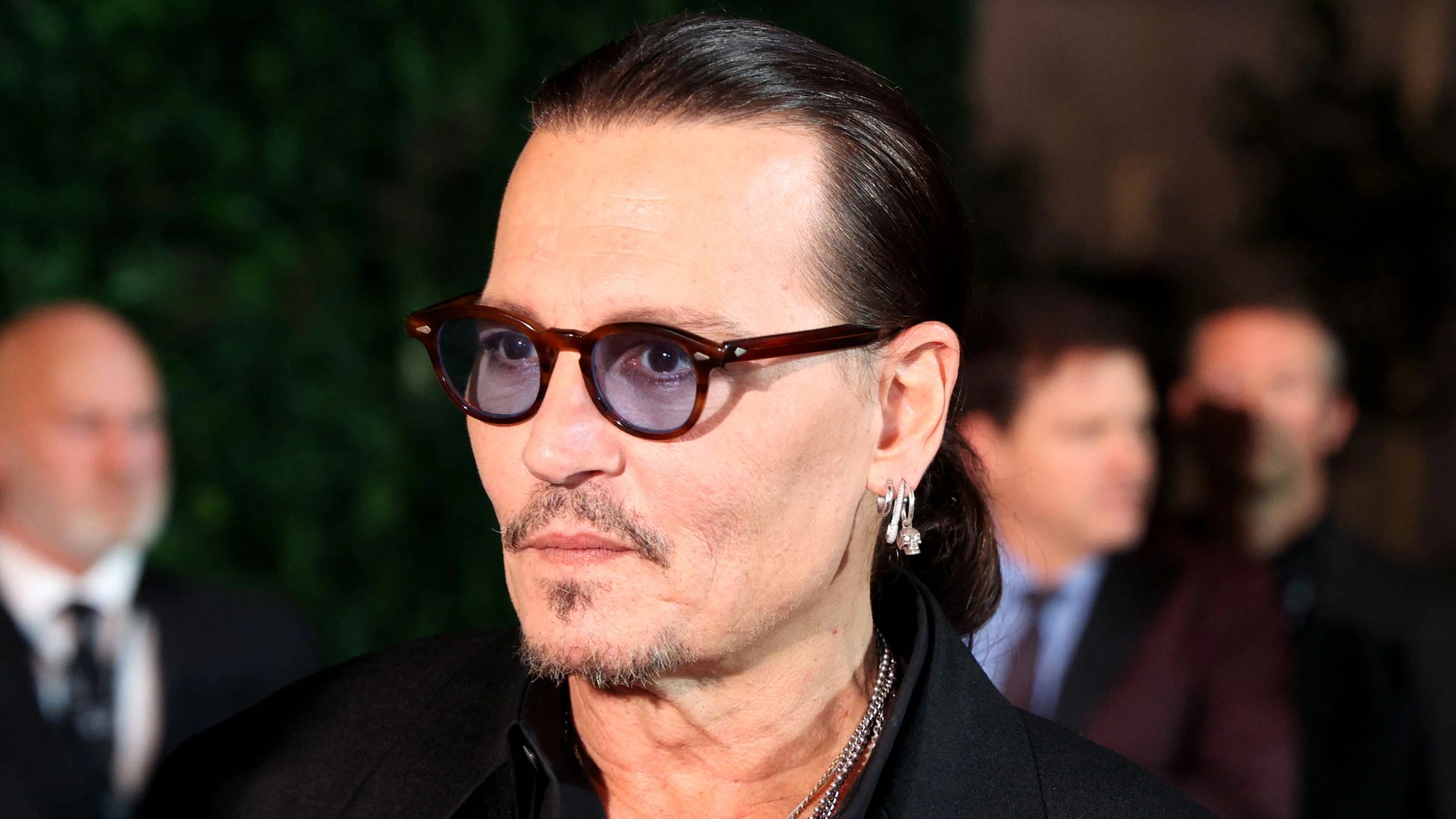Johnny Depp delivered a powerful and defiant message to Hollywood following a years-long legal and personal battle with his ex-wife, Amber Heard. The conflict erupted after Heard labeled herself a domestic abuse victim in a 2018 Washington Post op-ed, which led to significant damage to Depp’s career and reputation.
Although Depp eventually won a high-profile defamation lawsuit against Heard in 2022, the ordeal nearly ended his time in Hollywood. He was removed from “Fantastic Beasts: The Secrets of Dumbledore” after filming just one scene, and recalled being asked to “resign” in the middle of production — a moment that, to him, felt like a demand for retirement. Depp’s bold reaction was simple and fierce: “F— you. There’s far too many of me to kill.”
Choosing Truth Over Silence to Protect Identity, Career and Family From False Allegations
Depp revealed that he chose to legally fight Heard’s allegations because doing otherwise would have meant losing himself. He described the immense pressure from those around him who warned him not to pursue the case, calling him “crazy” for pushing forward.
Yet, he insisted that Heard’s lies were starting to influence his ability to work in Hollywood — something he couldn’t ignore. The actor made it clear that remaining silent would have meant surrendering his identity and allowing falsehoods to define his legacy. His choice to speak out was as much about protecting his truth as it was about safeguarding his family’s future.

Depp has long been known for his resistance to conforming to Hollywood stereotypes. Since his early days on “21 Jump Street,” he rejected attempts to label him as a teen idol or the next James Dean. He candidly spoke about his troubled upbringing and early drug use, which began when he was just 11.
By his mid-teens, he was well-versed in drugs and alcohol, experiences he openly shared in interviews even as a young actor. This defiance of Hollywood’s carefully constructed image of its stars has always set Depp apart — he has consistently refused to be something he isn’t.
Fighting Fiction and Reclaiming Truth in a Battle for Voice and Legacy
Though Depp ultimately won his legal battle, he described himself as a “crash test dummy” for the MeToo movement — someone caught in the crossfire before the major public reckoning with figures like Harvey Weinstein. He shared that some of the deepest pain came from close friends who abandoned him when the allegations surfaced, despite years of personal connection.
To him, their silence wasn’t about judgment but fear — fear of making an unpopular but morally right choice. Depp criticized those in the industry who, in his view, chose to play it safe rather than stand by the truth.
Throughout the controversy, Depp emphasized that his battle was about more than just clearing his name — it was about making sure the “fiction” surrounding him didn’t define his life and legacy. He expressed concern for his children and for the kids he’s met during his career, saying that failing to fight back would mean forcing them to live with a false version of who he is.
On the eve of his Virginia trial, Depp said he wasn’t nervous because he was simply telling the truth, not performing. For him, the courtroom wasn’t just a stage — it was a place to restore his voice and identity.


